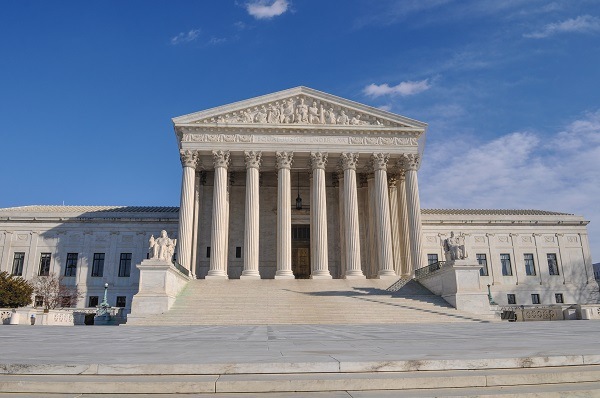Now that the FDA has authorized the Pfizer-BioNTech vaccine and is meeting today to review whether to authorize Moderna’s vaccine (it is expected that the FDA will approve this vaccine), employers may be wondering whether they can require applicants or current employees get vaccinated as a condition of employment. On December 16, 2020, the EEOC updated its COVID-19 guidance for employers specifically on issues surrounding the circumstances under which employers may mandate that workers be vaccinated for COVID-19. The guidelines can be found here. Here are the key takeaways for employers to consider as they review the new guidelines and decide whether to implement a mandatory vaccine policy once authorized vaccines become more widely available to the general public:
- The EEOC seems to indicate that employers can require their workers to get a COVID-19 vaccine in certain circumstances. However, as of now the only scenario described by the EEOC as a permissible basis to mandate vaccination under the ADA is when a worker poses a “direct threat” to himself/herself or others by his/her physical presence in the workplace without being immunized.
- Employers that require the COVID-19 vaccine must consider reasonable accommodations for workers with disabilities under the ADA.
- Employers need to consider reasonable accommodations for workers who are unable to receive, or refuse to receive, the vaccine for religious reasons.
- Assuming an employer can demonstrate that a mandatory vaccine is necessary and appropriate, the EEOC indicates that the employer can require workers to show proof that they received a COVID-19 vaccination, with certain limitations.
- The administration of a COVID-19 vaccine is not a “medical examination” for purposes of the ADA.
- Employers can ask pre-screening vaccination questions, so long as they comply with ADA requirements.
Although the EEOC seems to allow mandating vaccinations of employees in certain circumstances, most employers should consider encouraging rather than mandating vaccinations due to potential related risks. Indeed, there are numerous pitfalls associated with mandatory vaccination policies. It remains to be seen whether other governmental agencies (such as the CDC, OSHA, Cal/OSHA, and/or the DFEH) will issue additional guidance for employers to help navigate these issues. For now, vaccines remain widely unavailable so employers should monitor the situation. We will continue to monitor the developing pandemic situation and provide updates as appropriate.


